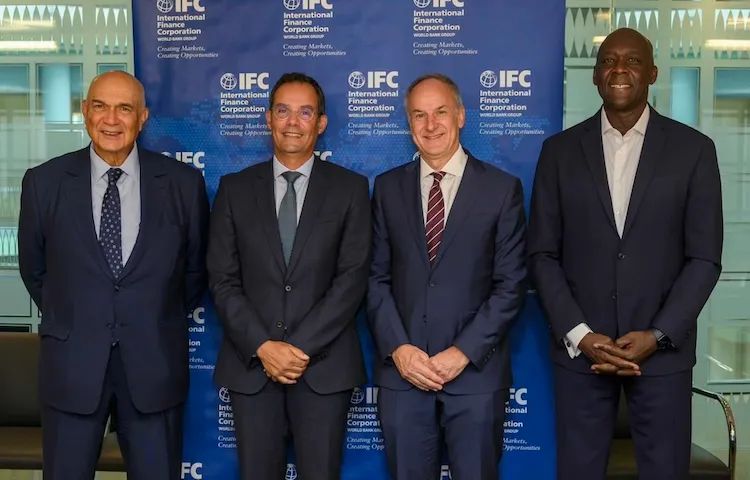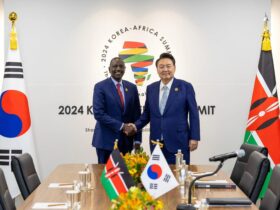In a significant effort to bolster Morocco’s water supply for agriculture and industry, the International Finance Corporation (IFC) has provided a €100 million loan (approximately US$108 million) to the OCP Group, a global leader in plant nutrition and phosphate-based fertilizers. This financial backing will fund the construction of a 219-kilometer water pipeline designed to transport desalinated water to OCP’s production sites in central Morocco. The initiative aims to secure a sustainable water source for fertilizer production, local communities, and farmers, reinforcing OCP’s commitment to sustainability and food security across Africa.
Addressing Morocco’s Water Scarcity
This project directly addresses Morocco’s ongoing water scarcity crisis, which has severely impacted agricultural output and the nation’s overall economic growth. Once completed, the pipeline will have the capacity to transport 80 million cubic meters of water annually—equivalent to over 32,000 Olympic-sized swimming pools. The water will be sourced from desalination plants situated in Jorf Lasfar along the Atlantic Ocean. This ensures that OCP’s operations in Khouribga remain water-secure, while also freeing up valuable freshwater for local farmers and households.
OCP Group Chairman and CEO Mostafa Terrab expressed gratitude for the partnership, stating, “We are grateful for IFC’s support in addressing one of the most pressing challenges of our time – water scarcity.” He emphasized that this project is in line with OCP’s mission of promoting sustainable development, operational growth, and providing vital resources to local communities.
Sustainable Water Solutions for Industry and Communities
The new pipeline is a core component of OCP Group’s broader Water Program, managed by its subsidiary, OCP Green Water. The program’s objective is to supply 100% non-conventional water to OCP’s operations by the end of 2024. To achieve this, OCP is investing a total of US$611 million into desalinated and treated wastewater projects, with a goal of producing 560 million cubic meters of desalinated water annually by 2027. This initiative is designed to meet both the industrial demands of OCP and the water needs of local communities, strengthening their resilience against climate change impacts.
Makhtar Diop, IFC’s Managing Director, highlighted the significance of this effort, stating, “Water scarcity is a major obstacle to economic development in parts of Africa. This innovative project by OCP demonstrates how businesses can develop solutions that tackle complex development challenges with tangible impact for communities.”
Enhancing Sustainability and Climate Resilience
OCP’s water pipeline project aligns with Morocco’s broader sustainability and climate resilience goals, which are in line with the World Bank Group’s climate-focused strategy for the country. By 2030, the water pipeline will run entirely on renewable energy, further enhancing its climate resilience. The project also supports Morocco’s national objectives, as well as IFC’s country strategy, which emphasizes the development of sustainable infrastructure and green growth.
This collaboration between IFC and OCP is advancing Morocco’s climate and sustainability ambitions. Since 2021, the two organizations have partnered on several key initiatives, including the development of solar energy plants, green fertilizer production, and the promotion of gender equality and sustainable food systems across Africa.
Long-Term Benefits for Morocco
The OCP water pipeline is a milestone in Morocco’s journey toward sustainable resource management and economic growth. By ensuring a reliable water supply for industrial use and bolstering the agricultural sector, the project provides a blueprint for addressing water scarcity while fostering economic development.
With Morocco facing increasing challenges related to climate change, innovative projects like this are crucial to ensuring long-term water security and food production. OCP Group’s forward-thinking approach, backed by IFC’s financial support, serves as a model for other nations grappling with similar sustainability challenges.
Source: InnovationVillage


















